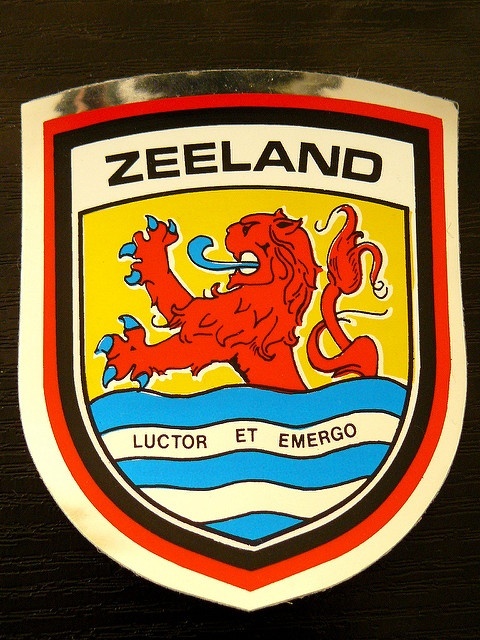Apart from the more reasonable answers from other respondents:
English speakers can tell that the land in Zealand means land. (And they’re right.) They see that it’s Zealand not Zealland, so they’re not prompted to go from Zeal-(l)and to the backformation Zeal. Even if they were, zeal already means something in English.
So instead, Zealand would end up going to Zea. If you think that looks suspiciously like Sea, you’re right: it’s named after the underwater bit of the Netherlands, Zeeland.

Luctor et Emergo: Latin for “glug glug glug”.
So they can kinda tell that Zealand is the land of the sea, and not the land of the Zeas. And they don’t want to start calling New Zuhluhnders Zeas, or Zealanders.
That kind of back formation can happen: Austral is very common as a brandname in Australia (and they’re not thinking of the obscure Latinate word for “south”). But that kind of back formation needs the root stem to make sense in the context of the rest of the language, and not to be so short as to not remind people of the source word. Neither Zeal nor Zea qualify.